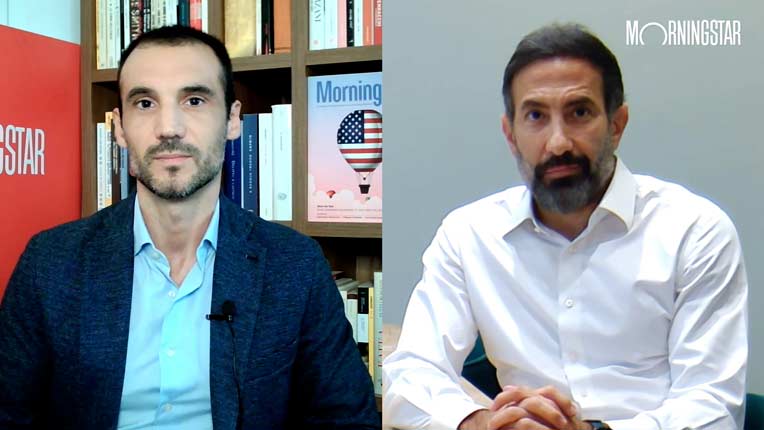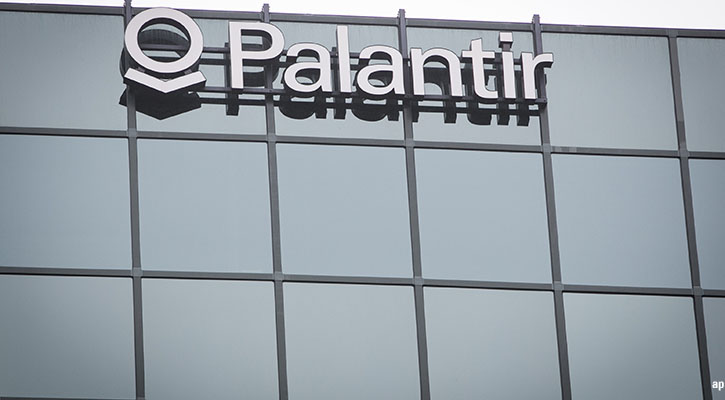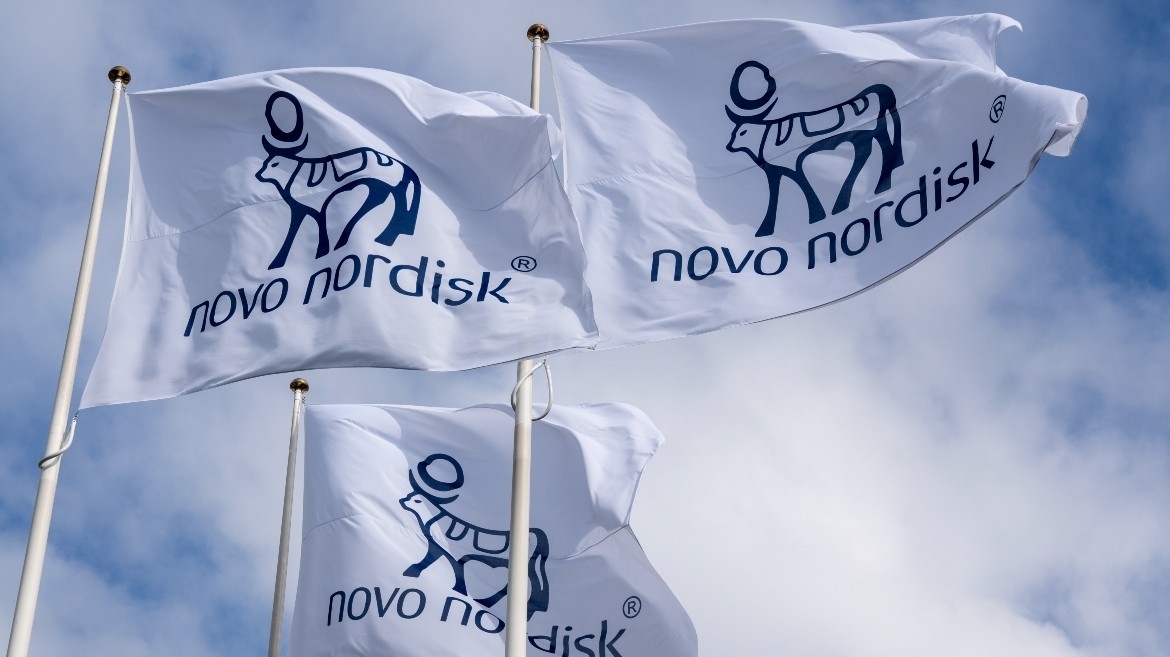This article is part of Morningstar's "Perspectives" series, written by third-party contributors. Here, Nicolas Walewski, Alken Asset Management ponders Russia's prospects.
You could feel things change in Europe during the summer months. European Central Bank president Mario Draghi managed to instil confidence in the region – with funds flowing back into Europe, to the detriment of the emerging markets.
The economic situation and investor sentiment has continued to improve since then and indicators suggest a moderate cyclical recovery. We have seen PMIs rise above 50 again for the first time in a long period and the cost of capital for a number of companies has fallen from very high levels and will likely continue doing so.
There has been a lot of restructuring across the continent and we are now seeing a pick-up in demand. Many companies are underleveraged; these companies need to make investments. We believe there are many reasons to take a little more risk right now – including in unloved Russia.
The Russian state needs to attract foreign capital and is working hard to this end. On a recent trip to Russia we witnessed President Putin spend three hours answering questions from a room full of investors. This is something we have never seen in Western Europe before.
Russia is the cheapest emerging market, but few people are looking at it. Today’s valuations are below long term averages, even for Russian standards. Index giants Sberbank and Gazprom are good examples of the cheap companies on offer.
Russia is a large and underpenetrated banking market – with about 110 million bank accounts, a low number of credit cards and few insurance policies. This is a market that shows strong long term growth potential. Sberbank dominates this market, with 30% overall market share and 50% market share in mortgages. As a result, it is the best way of capitalising on the double digit growth we are seeing in Russia.
The annual net income of Sberbank has more than tripled from before the crisis in 2007, but over the same period of time the share price has pretty much been flat. There has been a massive compression of multiples. This is a stock that could double over time.
While Sberbank is more than 50% owned by the Central Bank of the Russian Federation, the CBR is a benevolent regulator and shareholder, so significant policy interference from the government is not likely.
As for Gazprom, it has suffered heavily in the last few years on falling European gas consumption. This was compounded by contract renegotiations with its main clients, which wanted to move away from oil price indexation and to spot prices. This resulted in Gazprom’s volume dropping by 10% during the 2007 to 2012 period.
Gas demand has now stabilised and should remain flat over the coming years. But what is important for Gazprom is competing supply is declining. European production has also been falling and is expected to continue downward.
In addition to this, Gazprom currently pays its dividend based on Russian accounting standards, which has a much lower base for earnings. However, there is mounting pressure to follow IFRS standards – which would see Gazprom’s dividend double to almost 10%.
While you can argue all you want about corporate governance and political risk in Russia, the government is a major shareholder in Sberbank and Gazprom, so we believe investor interests are aligned.





























